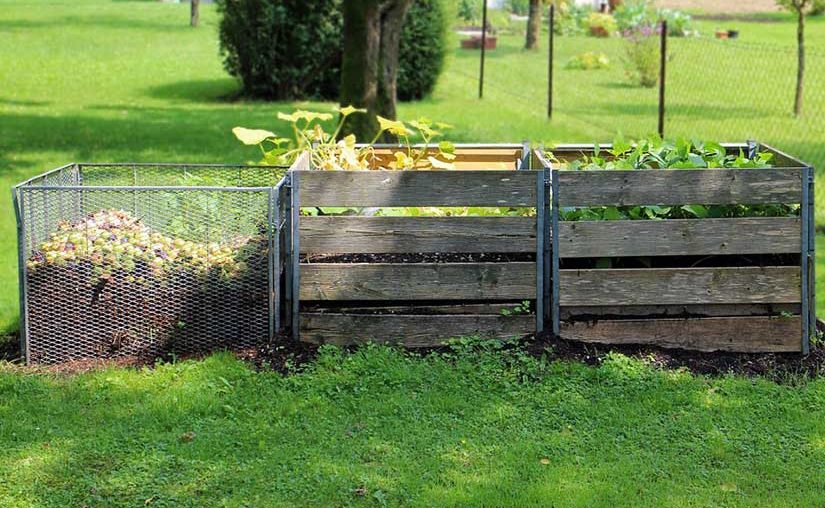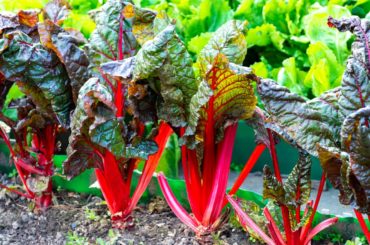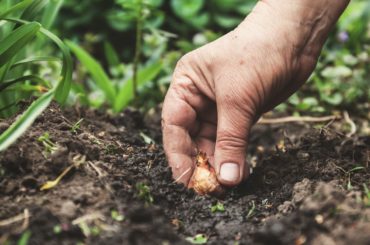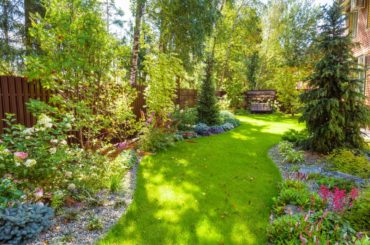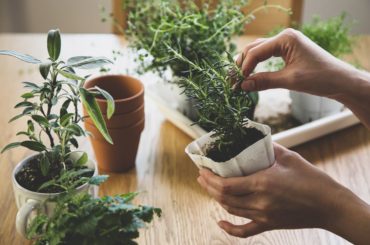Commercially available compost activators
You first find products containing a mixture of enzymes and bacteria. These microorganisms are maintained in a vegetative state. If you spread them on the compost pile, they will reactivate in contact with water and organic matter. In a way, they come in reinforcement of micro-organisms already at work.
This precious aid thus makes the decomposition of the organic or vegetable matter faster. Likewise, some mineral fertilizers speed up this process. Those with nitrogen should be preferred. This essential element indeed favors, more than others, the activity of bacteria.
Bio, these compost activators respect thenatural balance of your garden. This is not necessarily the case for chemical activators, such as sulphate of ammonia, which can have harmful effects, especially on aquatic organisms.
Ferns and nettles: natural compost activators
Some plants allow you to accelerate the formation of compost. They do not cost you anything. Enjoy a walk in the countryside to pick them up.
During the ride, you will most likely find ferns eagles, also called big ferns. They are indeed very common. You can chop them into small pieces and add them to the compost pile. In this case, the action of some insects will be able to brew the pieces of fern in the compost. Take the time to mix them well, taking care to integrate them into the lower layers of the compost in formation.
It is also possible to turn ferns into liquid manure. In this case, they must be immersed in water at room temperature, where they will ferment. This fermentation makes it possible to produce active ingredients, such as nitrogen or potassium, which are very useful for the rapid formation of compost. The resulting manure is then sprayed on the compost pile.
Beside the ferns, nettle is one of the natural activators of compost the most effective. It provides a lot of nitrogen, especially in the form of manure, but it is also very rich in organic matter and bacteria.
On the same subject >> Nettle manure: a natural fertilizer
Nettle is probably the most popular plant in the teeming fauna of compost. Moreover, nettle, mixed with compost, has the ability to increase the temperature, thus promoting the decomposition of organic matter. However, avoid using flowering nettles.
To read also >> Succeeding your vegetable garden: all our advices
The action of other plants
Herbaceous plant populating wet places, comfrey is an excellent compost activator, especially in the form of liquid manure. To make it, it is advisable to macerate about a kilo of comfrey leaves in water with little limestone. Then let the mixture sit for two or three weeks, taking care to stir it occasionally.
Do not forget, for more efficiency, cover the container in which the manure is formed. For manure to work better on compost, it is important to use it in pure form. Therefore, avoid filtering it, as you would have done if you had used it as a fertilizer.
Medicinal plant, burdock has similar virtues. You will find it rather on the edge of the roads, which makes it easier to pick up. However, comfrey releases more nitrogen, making it a little more effective than burdock.
In some areas, which provide abundant the seaweeds are other natural compost activators. Due to their salt content, however, they should be used sparingly. If you mix too much algae debris with your compost, you risk disrupting the balance.
Other plants finally, like the elderberry or valeriancan act as compost activators.
You will also like >> 10 natural fertilizers for the garden
Other compost activators
Alongside the commercially available products and plants, there are still other solutions to speed up the formation of your compost.
You can use the yeast. To make it effective, it must be mixed in lukewarm water with a little sugar. Then simply pour the mixture on the compost pile.
The animal manure can also serve as a compost activator. Provided, however, that they are vegetarian animals, such as cows, chickens or goats. Very powerful, the horse manure can be used validly only after a certain time.
Egg shells can be considered as compost activators if you choose the vermicompost method. In this case, the compost is the result of the digestion, by worms, of a certain amount of organic waste. To obtain the compost, the worms are placed in plastic boxes designed for this purpose.
Natural or not, all these compost activators need certain conditions to be effective. It is indeed necessary to maintain, inside your compost, a constant humidity. Microorganisms, as well as worms, can thrive only in moist soil. So that it remains, it should therefore be watered from time to time.
Do not forget to stir the compost. This will allow better oxygenation, which is also necessary for the decomposition process.


